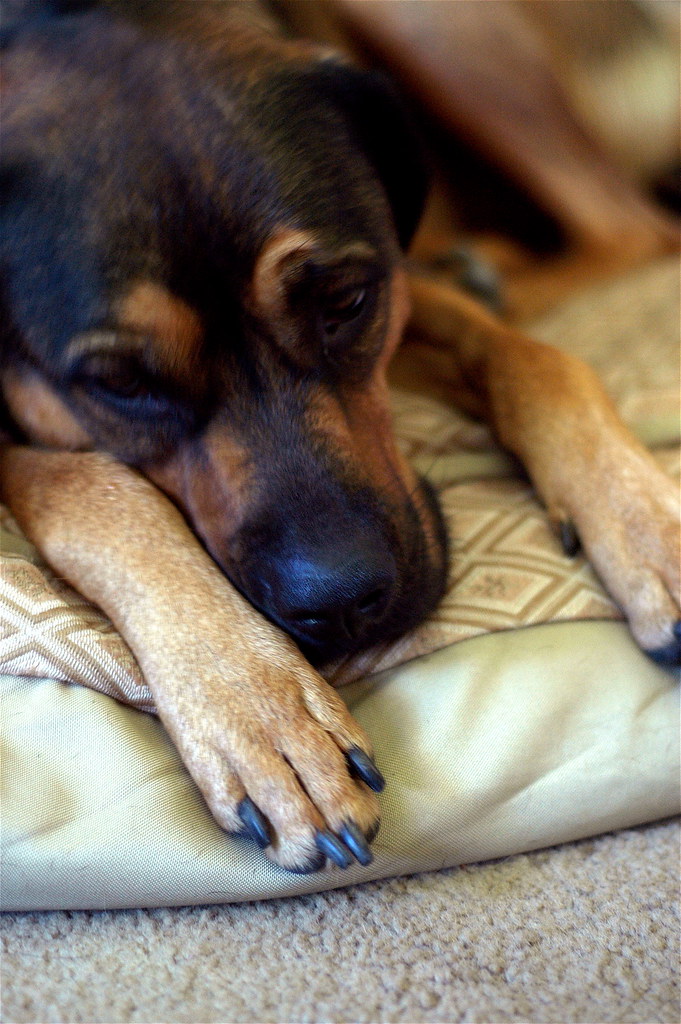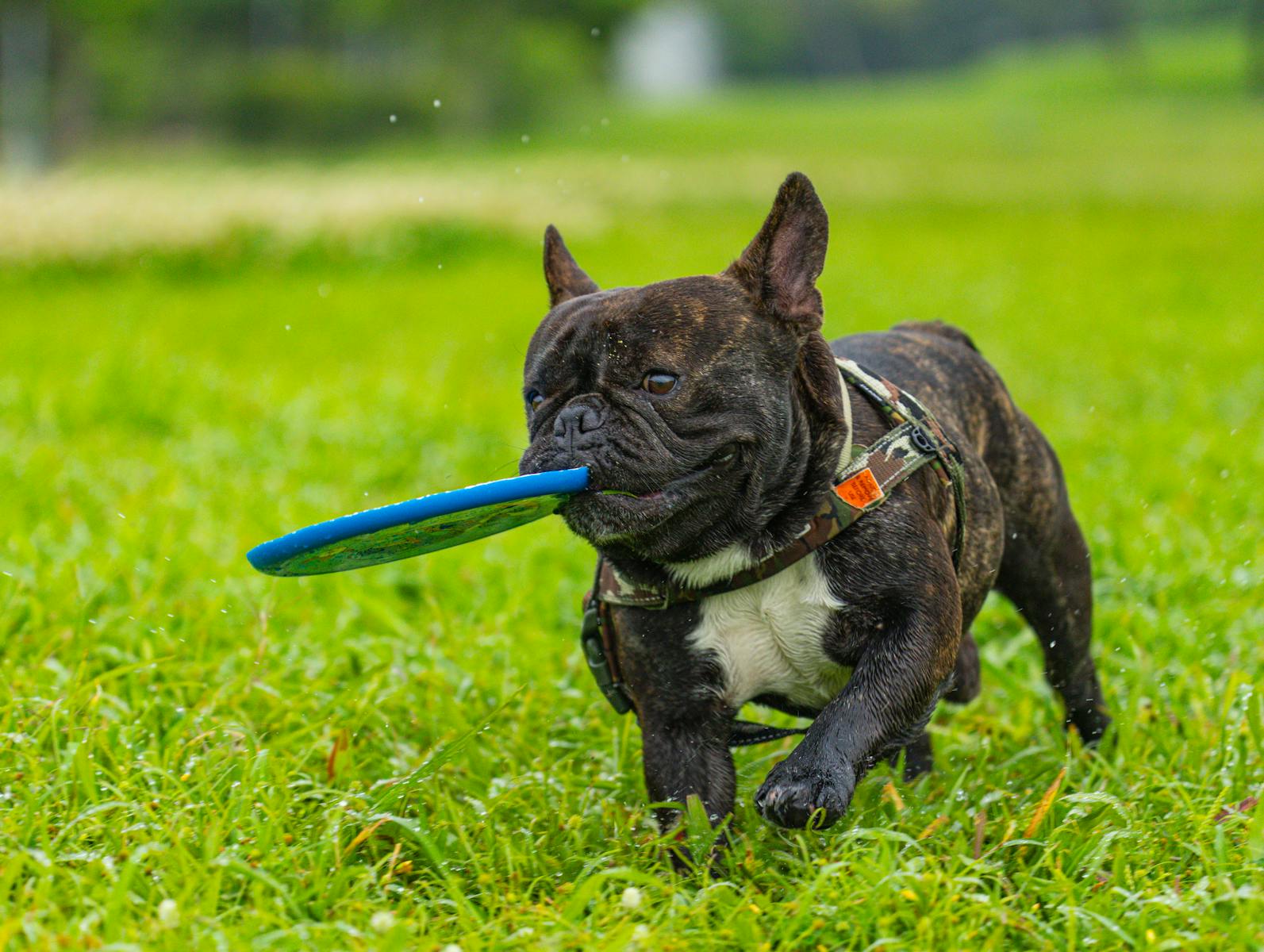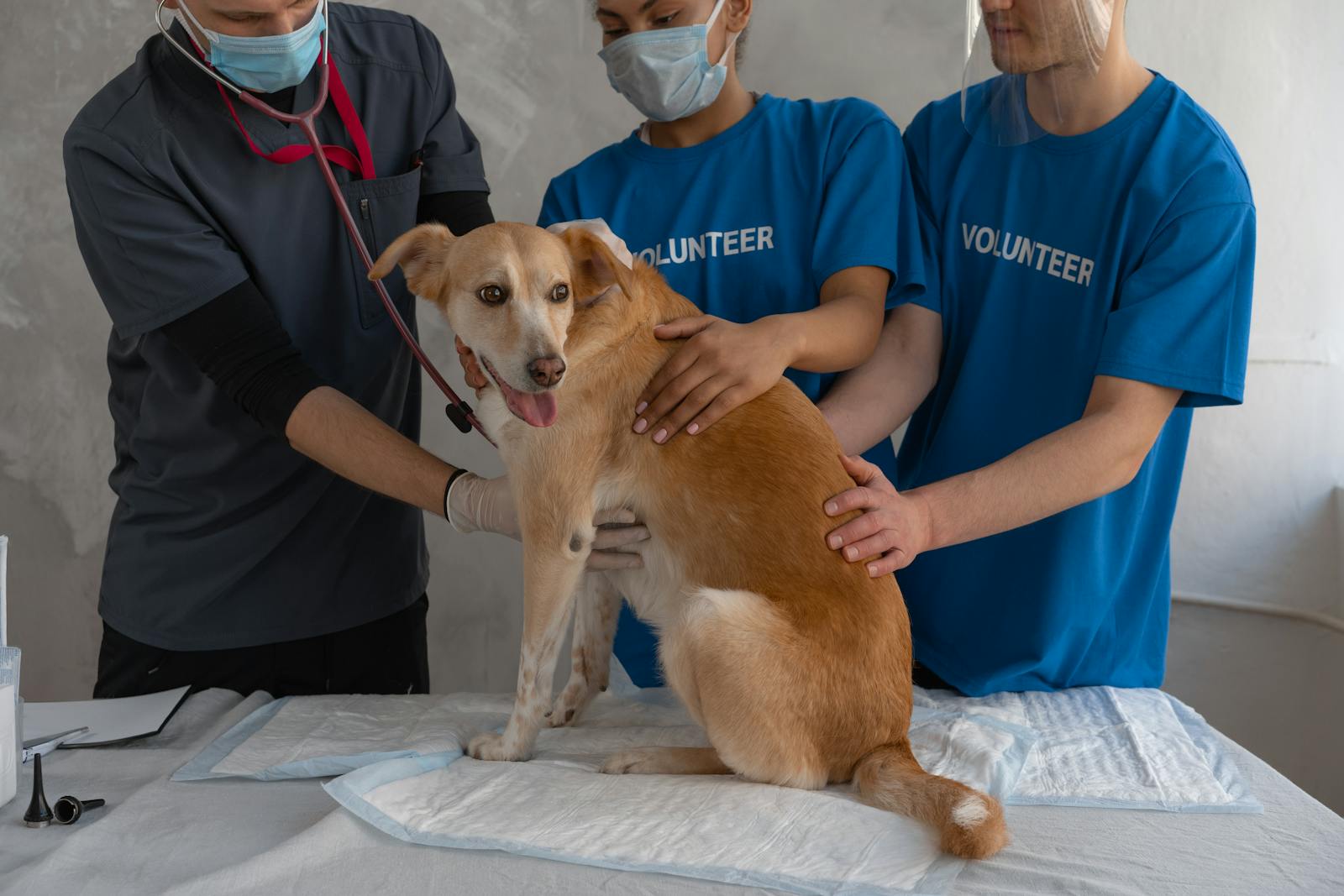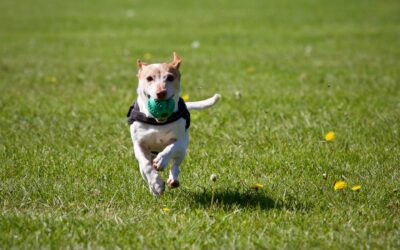Kennel cough, also known scientifically as canine infectious tracheobronchitis, is a highly contagious respiratory disease that primarily affects dogs. Commonly compared to the human cold, this ailment can quickly spread among dogs in close contact, such as at dog parks, boarding facilities, training centers, or dog shows. But how do you recognize the signs and prevent it from spreading to your furry companion?
This guide is designed to help dog owners, veterinary professionals, and pet enthusiasts better understand kennel cough symptoms, how it spreads, treatment options, and preventative measures.

What is Kennel Cough In Dogs?
Kennel cough is a respiratory illness caused by several infectious agents, including the most common, Bordetella bronchiseptica bacteria. Viruses such as the canine parainfluenza virus, canine influenza virus, canine distemper virus, and canine adenovirus type 2 are also known culprits that contribute to the condition.
Kennel cough, medically known as canine infectious tracheobronchitis, is a common respiratory disease in dogs. It is highly contagious and often spreads in environments where multiple dogs are in close proximity, such as boarding facilities, dog parks, or grooming salons.
The condition is typically caused by a combination of viral and bacterial pathogens, with Bordetella bronchiseptica and canine parainfluenza virus being the most common culprits. These pathogens attack the upper respiratory system, leading to inflammation of the trachea and bronchial tubes.
While kennel cough is frequently compared to the human cold, it is important to understand that it is not the same as the flu or other serious respiratory infections. Kennel cough does not generally cause severe symptoms in otherwise healthy dogs, and most cases are mild and resolve on their own within a couple of weeks. However, it should not be mistaken for other conditions such as pneumonia or chronic bronchitis, which may have overlapping symptoms but require different treatments. If your dog exhibits appetite loss, lethargy, or labored breathing alongside coughing, it is crucial to consult a veterinarian as these could indicate a more serious issue.

How Do Dogs Catch Kennel Cough?
Kennel cough is highly contagious and spreads easily among dogs, especially in environments where many dogs are present. Here are some of the most common ways dogs can catch kennel cough:
- Direct Contact with Infected Dogs: One of the primary ways kennel cough spreads is through direct contact, such as sniffing, licking, or playing with an infected dog. This close interaction allows the bacteria or virus responsible for kennel cough to pass easily from one dog to another.
- Shared Spaces: Kennel cough is often contracted in places where many dogs gather, such as kennels, dog parks, grooming facilities, or training classes. These environments can be hotspots for infection since the bacteria and viruses thrive where dogs are in close proximity.
- Contaminated Objects: Dogs can catch kennel cough by coming into contact with contaminated items like food and water bowls, toys, bedding, or even leashes. If an infected dog has used or touched an object, the pathogens can linger, creating a risk for other dogs.
- Aerosolized Particles: Similar to how humans can catch respiratory illnesses, kennel cough can be spread through airborne droplets. When an infected dog coughs, sneezes, or barks, these droplets can travel in the air and be inhaled by nearby dogs.
- Weak Immune Systems or Poor Air Circulation: Dogs with weakened immune systems, such as puppies, senior dogs, or dogs recovering from illness, are more susceptible to kennel cough. Additionally, poorly ventilated spaces, like crowded indoor kennels, can contribute to the spread of the disease as pathogens remain in the air for longer.
By understanding these transmission methods, dog owners can take measures to minimize the risk of infection, such as avoiding overcrowded areas, keeping shared items clean, and ensuring their dogs are up to date on vaccinations recommended by their veterinarian.

Recognizing the Symptoms of Kennel Cough
Kennel cough, also known as canine infectious respiratory disease (CIRD), can present with various symptoms. While some dogs may show only mild signs, others may experience more pronounced symptoms depending on the severity of the infection and the dog’s overall health. Common symptoms of kennel cough include:
- Persistent, Dry Cough: The hallmark symptom of kennel cough is a strong, dry, hacking cough that may sound like honking. This symptom is usually most noticeable after activity or excitement.
- Retching or Gagging: Some dogs may retch as if trying to clear their throat or gag, often mistaken for choking.
- Sneezing: Intermittent sneezing may occur, particularly in environments with irritants like dust or smoke.
- Nasal Discharge: Mild nasal discharge, typically clear, might be observed in some cases.
- Lethargy: Your dog may appear less energetic or more tired than usual, especially if the infection begins to tax the immune system.
- Loss of Appetite: Some dogs may show a decrease in their appetite due to discomfort or fatigue.
- Low-Grade Fever: A slight increase in body temperature may occur as the body fights off the infection.
- Watery Eyes: You may notice clear discharge from your dog’s eyes, which can accompany other respiratory symptoms.
It is worth noting that symptoms of kennel cough often appear within 3-10 days of exposure to the infection. While many cases resolve without treatment, monitoring your dog’s condition is crucial. Severe or prolonged symptoms, such as difficulty breathing or a high fever, require immediate veterinary care.
How is Kennel Cough Diagnosed?
Veterinarians typically diagnose kennel cough by reviewing the dog’s symptoms and asking about recent exposure to other dogs, such as visits to dog parks or boarding facilities. A cough-like sound is often a clear indicator. If other complications are suspected, your veterinarian may perform additional tests, such as blood work or X-rays, to check for secondary infections or other respiratory issues.
How to Treat Kennel Cough
Most cases of kennel cough are mild and resolve on their own within a few weeks, but there are steps you can take to ensure your dog recovers comfortably and quickly:
- Provide Rest: Ensure your dog has plenty of rest in a calm, stress-free environment.
- Use a Humidifier: A humidifier can help soothe your dog’s irritated respiratory tract.
- Cough Suppressants: Veterinarians may recommend or prescribe cough suppressants to reduce the severity of coughing fits.
- Hydration and Nutrition: Keep your dog hydrated and offer nutrient-rich food, as a decreased appetite is common among infected dogs.
- Antibiotics: If the condition is caused by Bordetella bacteria or there are secondary infections, your veterinarian may prescribe antibiotics.
How to Prevent Kennel Cough
Taking preventative measures can significantly reduce the chances of your dog contracting kennel cough.
1. Vaccination
The kennel cough vaccine, available as an injection, nasal mist, or oral dose, protects against Bordetella bronchiseptica and some related viruses. While the vaccine doesn’t guarantee immunity, it drastically reduces the severity of the infection.
2. Avoid Exposure
Keep your dog away from places where kennel cough may spread, especially during outbreaks. If your dog shows symptoms, avoid taking them to areas where many dogs congregate, like dog parks or boarding facilities.
3. Maintain Hygiene
Regularly clean food bowls, water bowls, and toys to minimize the risk of spreading germs.
4. Strengthen Immunity
A healthy diet, regular exercise, and routine veterinary check-ups can help boost your dog’s immune system, making them more resilient to infections.
When to Seek Veterinary Care
While most cases of kennel cough are mild, keep an eye out for signs that your dog may need medical attention:
- Difficulty breathing or excessive labored breathing
- Symptoms persist longer than two weeks
- Severe lethargy or a complete loss of appetite
- Coughing that disrupts your dog’s daily activities
Consult your veterinarian immediately if you notice these severe symptoms.
The Role of Community Responsibility
Since kennel cough is highly contagious, dog owners and kennels have a shared responsibility to prevent its spread. Make sure your dog’s vaccinations are up to date before visiting doggy daycare or boarding facilities, and avoid exposing healthy dogs to environments with infected animals.
Helpful Resources for Understanding and Managing Kennel Cough
Here are six resources that provide valuable information and guidance on kennel cough:
- American Veterinary Medical Association (AVMA): Learn more about kennel cough, its causes, symptoms, and treatment options from trusted veterinary professionals. Visit the AVMA website
- Centers for Disease Control and Prevention (CDC): The CDC provides insights into canine respiratory illnesses, including preventative measures to keep your pet safe. Explore the CDC Pet Health Resources
- ASPCA Pet Health Resources: Find useful tips on identifying respiratory infections like kennel cough and how to care for sick pets at home. Visit the ASPCA website
- PetMD – Kennel Cough Overview: PetMD offers comprehensive articles on the symptoms, treatments, and prevention of kennel cough. Read more on PetMD
- Your Local Veterinarian: Many veterinary clinics provide online blogs and resources tailored to your region, including information about kennel cough outbreaks. Check your local vet’s website for the most relevant advice.
- American Kennel Club (AKC): The AKC website provides detailed information on kennel cough and vaccinations to help prevent it. Learn more on the AKC website
Use these resources to better understand kennel cough and ensure your dog stays healthy and comfortable.

Ensuring your dog is fully vaccinated before visiting communal spaces like Snouts and Stouts Indoor Dog Park and Bar is crucial for their health and the well-being of all dogs interacting in these environments. All licensed pet facilities require the bordetella vaccine in your dog as well as a few others. Visit us today!
Final Notes on Caring for a Dog with Kennel Cough Symptoms
Kennel cough, while often mild in most dogs, is a respiratory illness that should be taken seriously. Recognizing common symptoms like a forceful cough and runny nose and acting quickly can help prevent complications and stop the disease from spreading. By keeping up with kennel cough vaccination, maintaining good hygiene, and staying informed, you can keep your furry friend happy and healthy.
For more advice on how to prevent and treat kennel cough, speak with your veterinarian or visit trusted resources like the American Veterinary Medical Association.





